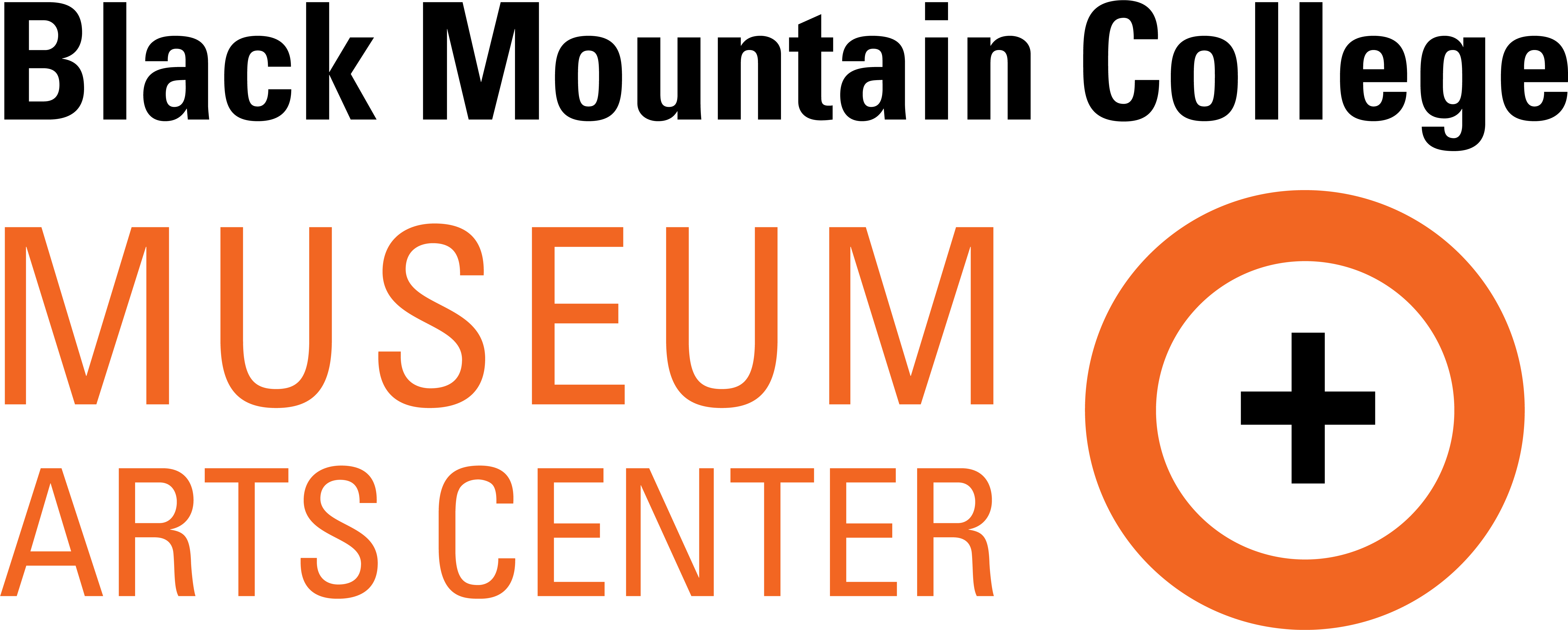Walter Gropius

Porträt Walter Gropius, photographed by E. Bieber, c.1928
Summer Arts Institute Faculty, Black Mountain College, 1946. Left to right: Leo Amino, Jacob Lawrence, Leo Lionni, Ted Dreier, Nora Lionni, Beaumont Newhall, Gwendolyn Lawrence, Ise Gropius, Jean Varda (in tree), Nancy Newhall (sitting), Walter Gropius, Mary "Molly" Gregory, Josef Albers, Anni Albers. Courtesy of Western Regional Archives.
FOCUS
Architecture
ROLE
Faculty, Admin
ATTENDANCE
1940 - 1949
BIRTH
1883-05-18
Berlin, Germany
DEATH
1969-07-05
Boston, MA
Walter Gropius, educator, architect and founder of the Bauhaus, fled Germany for England where he worked with Maxwell Fry and the Isokon Group in London. In 1937, he accepted an invitation to teach architecture at the Graduate School of Design at Harvard University. From 1938-52 he was Chairman of the Department of Architecture.
At Black Mountain
Gropius first visited Black Mountain in December 1937. His former Bauhaus colleagues Josef and Anni Albers and Xanti Schawinksy were teaching there, and the visit was an occasion both for a visit with friends and for an informal discussion of plans for the development of the Lake Eden property which the college had purchased in June 1937. Gropius and his wife Ise Frank Gropius, along with their daugher Beate "Ati", had arrived in the United States the previous May.
In January 1939, Gropius and Marcel Breuer, with whom he had formed a partnership, were commissioned by the college to design a complex of buildings for the Lake Eden campus. Had these buildings been constructed, they would have been the architects’ first major architectural project in the United States, and their influence undoubtedly would have been equal to that of the Bauhaus buildings at Dessau. (Gropius-Breuer designs)
A publicity and fundraising campaign for the buildings was launched with a meeting at the Museum of Modern Art in January 1940 and with a second meeting in June. For a number of reasons – the necessity of a move to Lake Eden in June 1941, the impending entry of the United States in the European conflict, and failure to raise the initial $75,000 to construct the first building – the buildings were never constructed.
From 1939 until 1949, when Josef and Anni Albers left the college, Gropius had a close relationship with Black Mountain. He was a member of the Advisory Council from April 1940 until the spring of 1949 and visited the college for meetings. He also was guest lecturer at the 1944, 1945 qnd 1946 Summer Art Institutes. After the war the college turned to the newly-formed Architects Collaborative, of which Gropius was a member, for plans for a women’s dorm. In May 1946 his house was one of three opened for a benefit for the college. His daughter Beate ‘Ati’ Gropius (Johansen) attended the college from the summer of 1943 through the summer of 1946.
At Harvard
At Harvard Gropius encountered an entrenched beaux-arts tradition, and the transition to a modern curriculum was a slow process. He invited Josef Albers to teach seminars and for a full semester, but he was never able to obtain a tenured professorship for him. On the other hand, Albers, when he observed the struggles Gropius encountered in effecting change at Harvard, was not eager to leave Black Mountain where there was no established tradition. Gropius encouraged his Harvard students to study with Albers at Black Mountain and to attend the summer program for practical building experience."
Biography written by Mary Emma Harris for Black Mountain Project. This biography was funded by a grant from the Graham Foundation for a study of architecture at Black Mountain College.
Relationships
Daughter: BMC student, Ati Gropius


